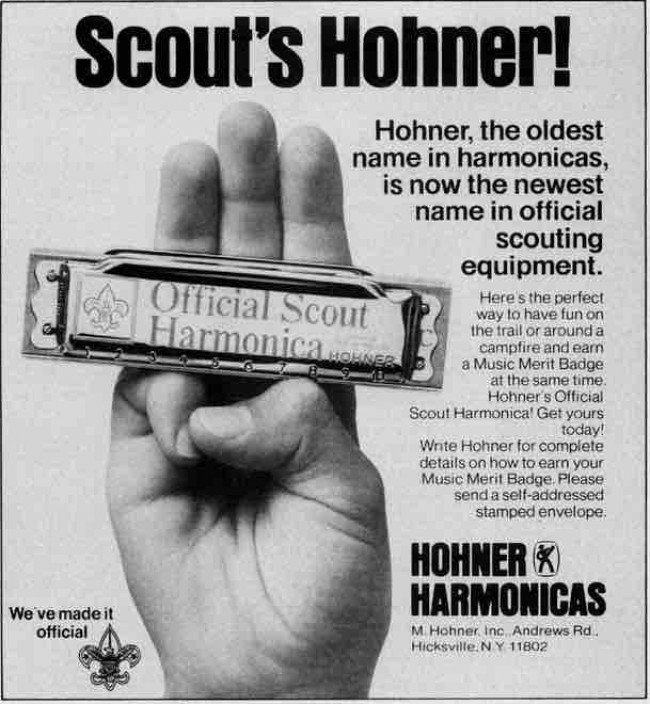Puns and Other Wordplay
Ghoti pronounced fish
For decades newspapers repeated the claim that George Bernard Shaw used the word 'ghoti' as an example of the often bizarre disconnect between the spelling of English words and their pronunciation. He argued that 'ghoti' could be pronounced 'fish'.
Rochester Democrat and Chronicle - Aug 7, 1955
But according to the Language Log blog, there's no evidence that Shaw ever used the Ghoti example. Plus, the Ghoti anecdote was being passed around before Shaw was even born.
Another example: 'Loeyephtheau!' could be pronounced 'Righto!'

Indianapolis Star - Mar 24, 1946
Posted By: Alex - Sun Dec 08, 2024 -
Comments (0)
Category: Languages, Puns and Other Wordplay
The Cockney Alphabet
The "Cockney alphabet" is usually attributed to the comedians Clapham and Dwyer. From wikipedia:But some believe that the alphabet predates Clapham and Dwyer, and that the duo just happened to popularize a version of it. And there are multiple variations of the alphabet in circulation. The version below comes from Walrus Talk (1954) by Douglas Woodruff.

The Sydney Morning Herald has a guide that decodes most of the phrases in the above version of the alphabet. Though a few of them remain totally cryptic to me.
| A - Hay for Horses B - Beef or Mutton C - Seaforth Highlanders D - Deferential E - Eve or Adam F - Effervescence G - Chief of Police H - Age before beauty I - Ivor Novello J - Jaffa oranges K - Cafe for coffee?? L - Hell for leather M - Emphasis | N - ??? O - O for the wings of a dove P - Pee for a penny Q - Queue for a picture R - Half a mo' S - ??? T - Tea for two U - UFA films?? V - Viva La France W - I'll double you for a shilling X - Eggs for breakfast Y - Wife or sweetheart Z - See you |
Posted By: Alex - Fri Dec 29, 2023 -
Comments (7)
Category: Puns and Other Wordplay
An eccentric spelling of height
I came across the following anecdote in Coronet magazine (Sep 1955):"If that's the way I spelled it, that's correct," he said—and the word was spelled "hight" in The Indianapolis News for the next 30 years.
I thought this sounded like an urban legend of journalism, but a check of The Indianapolis News archive confirmed that the newspaper did indeed consistently substitute 'hight' for 'height' — and not just for 30 years. They did it from 1887 until 1947 when, as reported by Time magazine, they finally updated their style guide.
The misspelling occasionally attracted the attention of readers:

The Indianapolis News - Aug 10, 1934
But as far as I can tell the paper never told their readers why they were misspelling the word. It was a long-running, private joke kept going for sixty years (long after Holliday had died) by the editors.
Posted By: Alex - Wed Jan 18, 2023 -
Comments (8)
Category: Journalism, Puns and Other Wordplay
240 different ways to spell the word Scissors
The author of this pamphlet, published in England in 1829, noted that he could expand the list to 480 variant spellings if he were to substitute 'z' for 's' at the end of the word. On this basis, he claimed that "The word Scissars appears capable of more variations in the spelling than any other."He seemed to prefer the spelling 'scissars' to 'scissors'.
He also seemed to think that the publication of this list offered some kind of moral lesson. But, despite his explanation, I still can't figure out what that lesson might be:
If engaged in writing for the amusement of the Public and cannot refrain from introducing subjects which may be prejudicial to the morals of the rising generation, had he not much better write nothing but Scissers...
If any other subject engage his attention, it will always be a very safe and adviseable plan to consider if at any future more serious moment he might not be inclined to wish he had written nothing but Scissurs.

Click to enlarge. Source: The Picture Magazine - 1895
Posted By: Alex - Mon Apr 26, 2021 -
Comments (0)
Category: Languages, Puns and Other Wordplay, Nineteenth Century
Youth and Aging
In 1991, the Pennsylvania legislature's Youth and Aging Committee changed its name to the Aging and Youth Committee. Why?
Philadelphia Inquirer - Jan 23, 1991
Posted By: Alex - Wed Jan 15, 2020 -
Comments (0)
Category: 1990s, Puns and Other Wordplay
Small Addendum to the Case of Cardinal Sin

More at Wikipedia.
Posted By: Paul - Thu Feb 15, 2018 -
Comments (1)
Category: Languages, Puns and Other Wordplay, Alex
Follies of the Madmen #290

Worst. Pun. Ever.
Original ad here.
Posted By: Paul - Fri Aug 05, 2016 -
Comments (1)
Category: Business, Advertising, Products, Music, 1980s, Puns and Other Wordplay

| Who We Are |
|---|
| Alex Boese Alex is the creator and curator of the Museum of Hoaxes. He's also the author of various weird, non-fiction, science-themed books such as Elephants on Acid and Psychedelic Apes. Paul Di Filippo Paul has been paid to put weird ideas into fictional form for over thirty years, in his career as a noted science fiction writer. He has recently begun blogging on many curious topics with three fellow writers at The Inferior 4+1. Contact Us |




